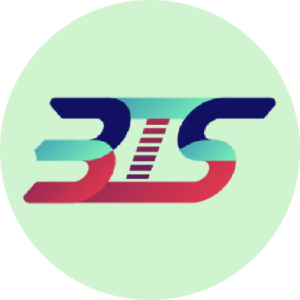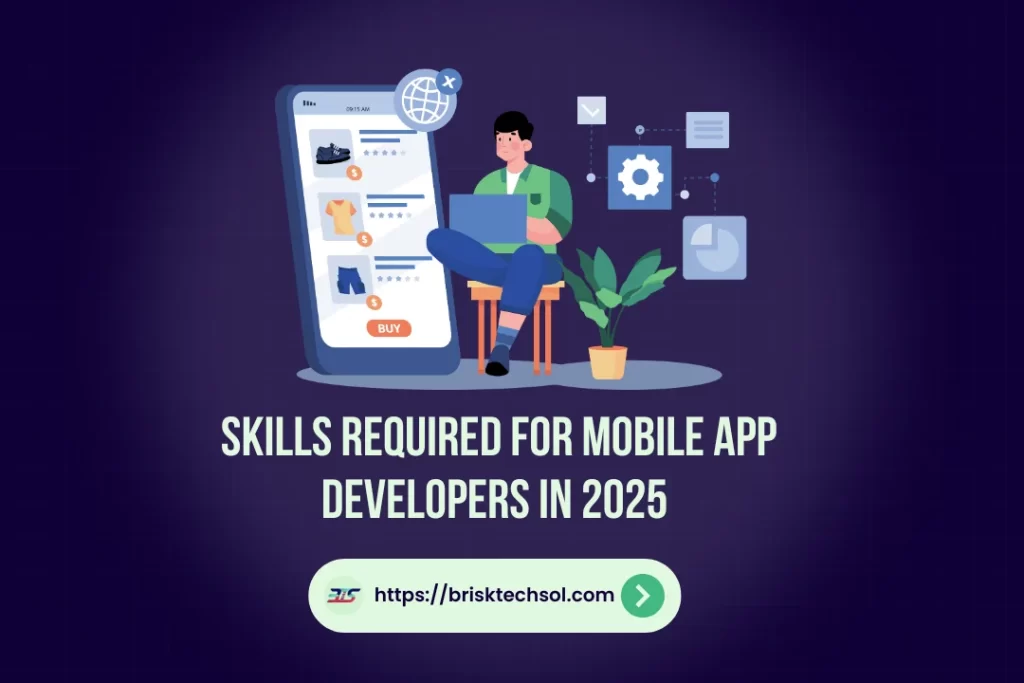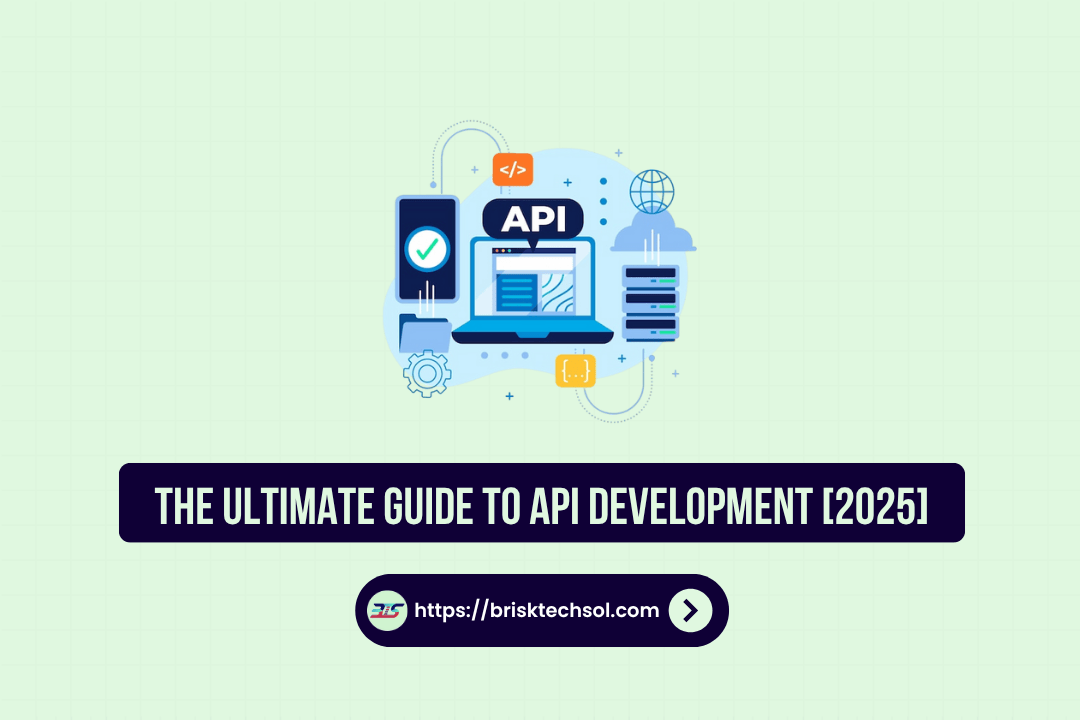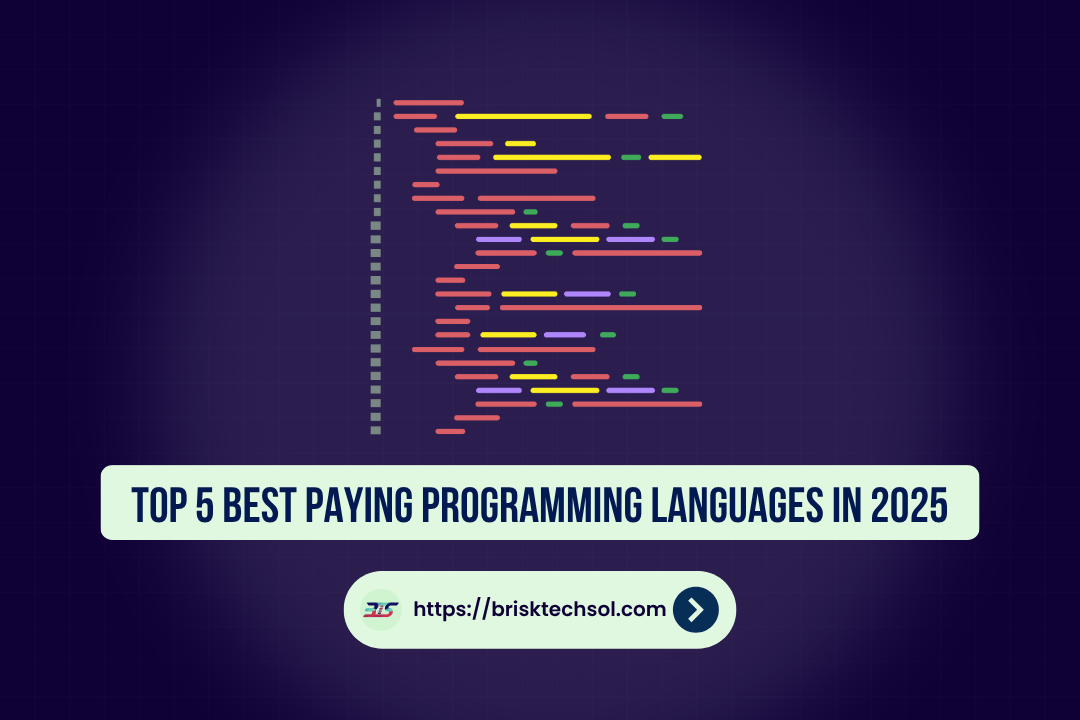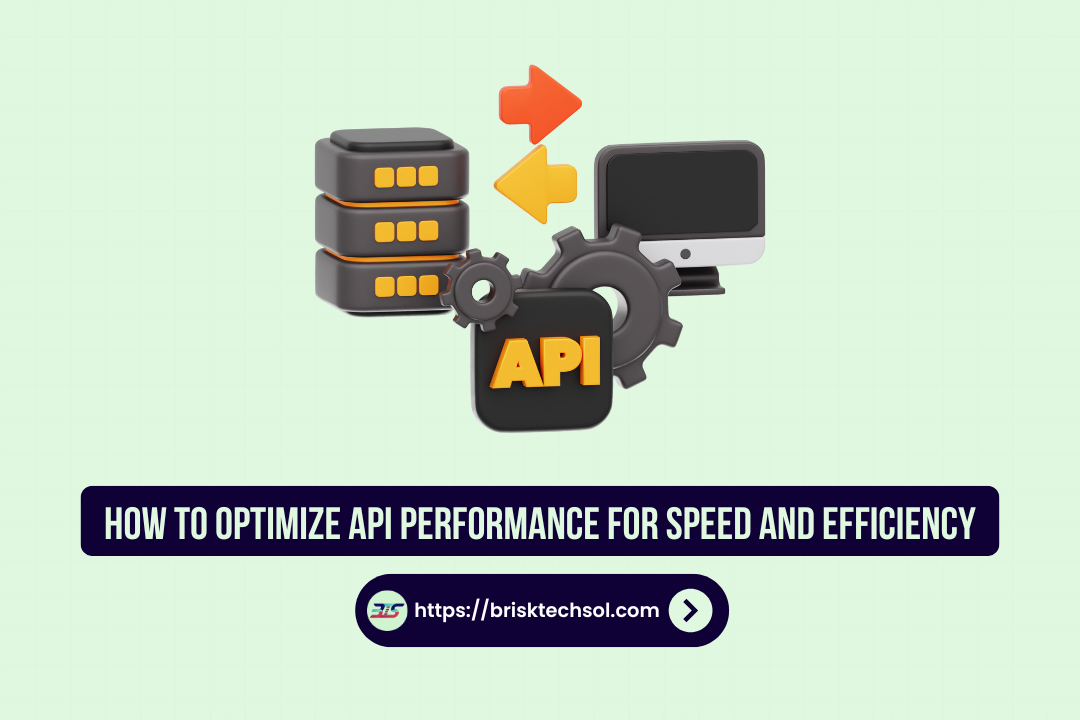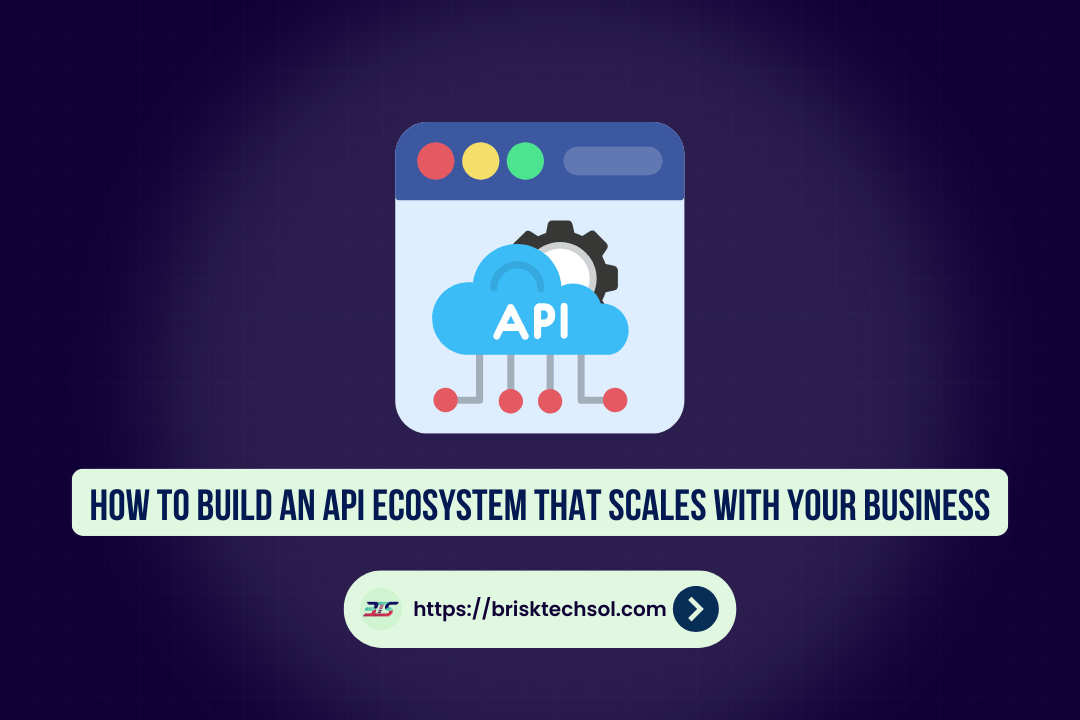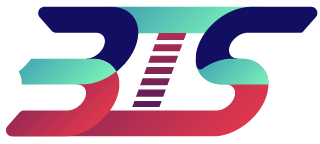Mobile app development demands a combination of technical expertise, creativity, and adaptability. This guide delves into the essential skills required to create successful, innovative, and user-friendly apps in today’s competitive market.
Core Skills for Mobile App Developers
Technical Skills
To succeed as a mobile app developer, you must be well-versed in various programming languages, development tools, and frameworks. These technical skills lay the foundation for building functional, high-performance apps.
- Programming Languages
- Swift (iOS): Swift is the primary language for developing iOS applications. Its simplicity, speed, and modern syntax make it the preferred choice for building robust and secure apps on Apple devices.
- Kotlin and Java (Android): Kotlin has become the preferred language for Android development due to its safety features and compatibility with Java. Java, however, remains widely used, especially for legacy apps.
- Cross-Platform Development: If you want to build apps that work on both iOS and Android, knowing frameworks like React Native or Flutter is essential. React Native uses JavaScript, while Flutter uses Dart, both offering the advantage of writing once and deploying across platforms.
- Development Tools and IDEs
- Xcode (iOS): For iOS development, Xcode is the go-to integrated development environment (IDE). It offers everything from coding to debugging and testing iOS apps.
- Android Studio (Android): Android Studio is the official IDE for Android apps, providing all the necessary tools for writing, debugging, and optimizing apps.
- Cross-Platform Tools: For cross-platform development, React Native and Flutter are popular choices. They allow developers to use a single codebase for both iOS and Android, making the development process more efficient.
- Mobile App Frameworks Mobile app frameworks are tools that simplify app development by providing pre-built components and libraries. Some of the most popular frameworks include:
- Ionic: A popular choice for hybrid mobile app development.
- Xamarin: A Microsoft-owned framework for building apps using C#.
- React Native: Enables building apps with JavaScript, creating native experiences for both iOS and Android.
- Database Management
- SQL and NoSQL: A solid understanding of SQL (Structured Query Language) is crucial for handling relational databases. Meanwhile, NoSQL databases like MongoDB and Firebase are widely used for handling unstructured data and real-time data needs in mobile apps.
Soft Skills
In addition to technical skills, soft skills are essential for success as a mobile app developer. These include problem-solving abilities, communication, and attention to detail.
- Problem-Solving and Analytical Thinking App development is a problem-solving process that often involves debugging complex issues. The ability to analyze and resolve problems quickly and effectively is key to successful development.
- Communication Skills Mobile app developers often work in teams with designers, project managers, and other developers. Clear communication is necessary to ensure that everyone is on the same page regarding the project’s goals and timelines.
- Attention to Detail The quality of an app can make or break its success. Developers need to focus on every detail, from UI/UX design to performance optimization, ensuring a seamless and bug-free user experience.
Industry-Specific Skills
Mobile app development isn’t just about writing code developers need to understand user expectations, app design principles, and performance optimization techniques.
- UI/UX Design Understanding Mobile apps must provide a smooth, intuitive experience for users. Developers should have a basic understanding of UI/UX design principles to ensure that the app is easy to navigate and visually appealing. This includes knowledge of layout patterns, button styles, and how to optimize for mobile screen sizes.
- Performance Optimization Mobile apps need to perform well on a range of devices. Developers should know how to optimize app speed, minimize battery consumption, and ensure smooth animations. Tools like Android Profiler and Instruments for iOS help developers identify performance issues.
Advanced Skills in Mobile App Development
As technology continues to evolve, mobile app developers must stay ahead by mastering advanced skills that are increasingly in demand.
Cloud Integration and APIs
- API Integration: Many apps today rely on third-party services for functionality like social media logins, payments, or cloud storage. A mobile app developer needs to understand how to integrate these services using APIs (Application Programming Interfaces).
- Cloud Platforms: Many modern mobile apps store data in the cloud for scalability and real-time access. Familiarity with cloud platforms like AWS, Google Cloud, and Microsoft Azure is critical for building cloud-connected mobile apps.
Security Practices for Mobile Apps
Security is one of the biggest concerns in mobile app development. Developers need to be aware of common vulnerabilities and take steps to protect user data.
- Data Encryption: Implementing encryption protocols ensures that sensitive data is protected when transmitted over the internet.
- Secure Authentication: Using technologies like OAuth and two-factor authentication (2FA) can help secure user accounts and prevent unauthorized access.
- OWASP Mobile Top 10 Risks: Developers should be familiar with the OWASP Mobile Top 10, a list of the most critical mobile app security risks, and implement mitigation strategies.
Evolving Trends in Mobile App Development Skills
Mobile app development is an ever-changing field. Developers need to keep up with new trends to remain competitive.
AI and Machine Learning Integration
Artificial intelligence (AI) and machine learning (ML) are becoming increasingly integrated into mobile apps. Whether it’s powering voice assistants, predictive text, or recommendation engines, developers need to understand the basics of AI/ML to build intelligent apps.
Internet of Things (IoT)
The IoT allows mobile apps to communicate with a wide range of smart devices, from wearables to smart home appliances. Developers need to learn how to create apps that can connect with these devices and process data from them in real time.
Augmented Reality (AR) and Virtual Reality (VR)
AR and VR are transforming how users interact with mobile apps. Mobile app developers need to become proficient in tools like ARKit (iOS) and ARCore (Android) to build apps with AR/VR functionalities, such as gaming or shopping apps with immersive experiences.
How to Develop These Skills
If you’re looking to break into mobile app development, the following steps can help you acquire the necessary skills.
- Education Pathways: While a formal degree in Computer Science or Software Engineering can be helpful, many developers are self-taught or learn through online courses and boot camps.
- Practical Experience:
- Internships and Freelance Projects: Gaining hands-on experience is invaluable. Internships and freelance work allow you to work on real-world projects.
- Open Source Contributions: Contributing to open-source projects on platforms like GitHub can help you learn best practices and collaborate with other developers.
- Certifications: There are numerous certification programs that can boost your credibility as a mobile app developer. Consider certifications from Google, Apple, or other recognized tech organizations.
Mobile App Developer Skills for Different Platforms
iOS Developer Skills
- Mastery of Swift.
- Familiarity with Xcode and Apple’s development tools.
- Knowledge of Apple’s Human Interface Guidelines for app design.
Android Developer Skills
- Proficiency in Kotlin and Java.
- Expertise in Android Studio and Material Design.
- Understanding of Google Play Store policies.
Cross Platform Developer Skills
Ability to debug and optimize cross-platform apps for both iOS and Android.
Proficiency in frameworks like React Native or Flutter.
Knowledge of JavaScript (for React Native) or Dart (for Flutter).
Key Takeaways
FAQ‘S
What programming languages should a mobile app developer learn?
Developers should focus on Swift for iOS, Kotlin/Java for Android, and JavaScript/Dart for cross-platform frameworks like React Native and Flutter.
Is a degree necessary for becoming a mobile app developer?
A degree can be helpful but is not necessary. Many developers succeed by learning through online courses, boot camps, and hands-on experience.
What is the best way to gain mobile development experience?
Building personal projects, freelancing, contributing to open-source projects, or pursuing internships are excellent ways to gain real-world experience.
What tools are essential for mobile app developers?
Essential tools include Xcode, Android Studio, React Native, Flutter, and various debugging and testing tools.
How do I keep up with the latest trends in mobile app development?
Staying updated through blogs, attending conferences, taking online courses, and participating in developer communities is key to keeping up with the latest trends.

